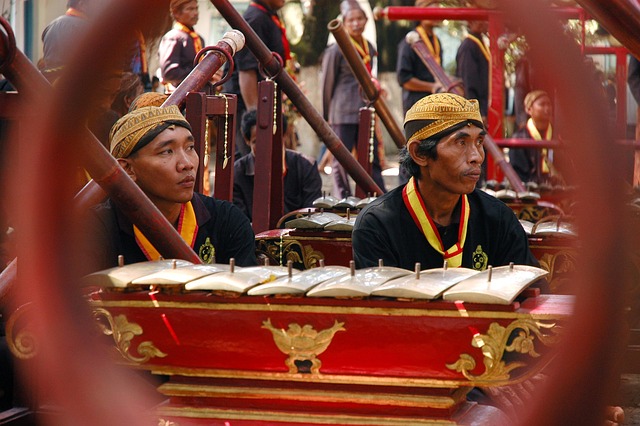Tradition forms the tapestry of human experience, woven over centuries and yet continually evolving. As we delve into the lenses of science and modern philosophy, we discover not only the depth of these traditions but also their relevance in our contemporary lives.
In the realm of science, tradition often takes on the role of a foundational pillar. Scientific inquiry has its roots in ancient practices and beliefs. The early philosophers, like Aristotle and Plato, laid the groundwork for systematic observation and logical reasoning, bridging the gap between mystical and empirical understanding. These traditions have shaped our methodologies, fostering a culture that values evidence and reason. As we apply modern scientific methods to unravel mysteries, we pay homage to those who paved the way, adding a layer of respect and continuity to our exploration.
Yet, the interaction between tradition and science is not just a linear progression. Modern philosophy has challenged the rigidity of scientific empiricism, inviting us to question what we truly know. Thinkers like Heidegger and Merleau-Ponty emphasized the importance of lived experience, suggesting that tradition enriches our understanding of the world. They argue that stripping away these traditions can lead to a fragmented perception of reality, where we lose sight of the interconnectedness that brings meaning to our lives.
At the crossroads of modern philosophy and tradition, we find ourselves navigating a rich landscape of ideas. The phenomenological approach encourages us to immerse in our experiences, to recognize that our interpretations of the world are colored by the traditions we inherit. This perspective reinforces our connection to past generations, drawing parallels between their beliefs and our own, thus giving us a sense of belonging in the grand narrative of existence.
Furthermore, the dialogue between tradition and innovation is vital in ethical discussions surrounding emerging scientific advancements. For instance, bioethics confronts us with questions that reflect both our historical principles and our modern capabilities. As we face advancements in genetics and artificial intelligence, we find ourselves grappling with concepts like personhood and the definition of life—issues deeply rooted in traditional philosophies yet challenging our contemporary frameworks.
Through this exploration, we realize that tradition is not merely a relic of the past but a living entity that evolves alongside us. Our engagement with it can reveal new dimensions of understanding and appreciation for the world we inhabit. As we probe deeper into the intersection of tradition, science, and modern philosophy, we cultivate a space for reflection and discourse, recognizing that both our historical context and our present experiences shape the future.
Thus, in embracing tradition through the lenses of science and modern philosophy, we do more than honor our ancestors; we actively participate in a continuum that invites us to engage with the complexities of being human. This journey is an invitation to explore the depths of our heritage while forging new paths that enrich our understanding and cultivate a sense of community among diverse perspectives.




